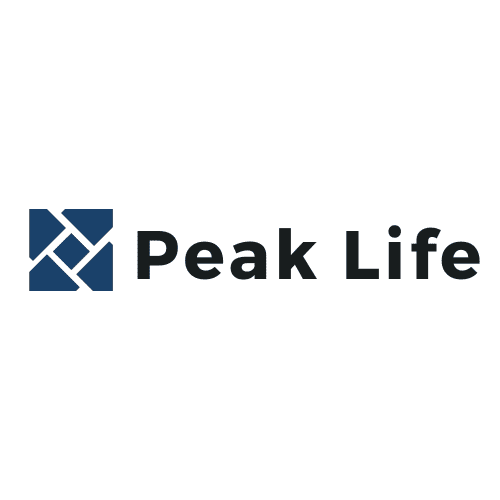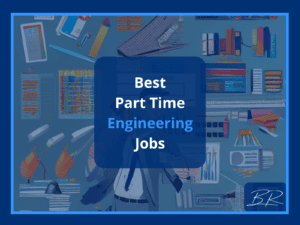The Future of Engineering Jobs With the Rapid Adoption of AI
This post contains affiliate links that help supports this blog and cost you the exact same. If you do not wish to use affiliate links, then feel free to google the product.
As technology continues to advance and develop, artificial intelligence (AI) has become a buzzword in many industries.
Engineering is one among many that are undoubtedly experiencing significant changes due to the widespread adoption of AI. On the one hand, AI promises to perform critical tasks traditionally carried out by Engineers, such as design optimization, analysis, technical writing, and reduce the overall workload while increasing the productivity of engineering teams. On the other hand, concerns have been raised regarding its effect on jobs; with many people wondering if AI will ultimately replace human Engineers.
In this article, I explore the effects AI will have on engineering jobs and what engineers can do to cope with the change.
Table of Contents
Low-value work being done by AI:
One of the significant advantages of AI is its ability to automate repetitive and mundane tasks, thereby reducing human errors and increasing productivity.
One area where AI is already making a significant impact in engineering is in design automation. For example, AI can analyze hundreds of design options to determine the most effective one or create new options that would have been hard to come up with manually.
With time-consuming and routine tasks like this being taken off the hands of Engineers, they will be free to focus on high-value work like creative problem-solving, research, and design conceptualization.
Give this article a read if you are looking for High Income Skills to learn.
AI: A helper, not a replacement
AI does not seem to be an impending threat to engineering jobs, at least not yet.
The current narrative suggests that AI will be more helpful than harmful to human Engineers. The introduction of AI will create a new type of work for Engineers called “collaborative engineering,” where the machine takes care of the repetitive, low-level data analysis while Engineers contribute their expertise and decision-making skills.
The successful integration of AI requires that Engineers not only have basic knowledge of AI’s capabilities but also learn how to work and communicate effectively with AI, especially in problem-solving.
This is not unlike having lower-paid and skilled employees that handle the repetitive low-value tasks.
Who will be replaced?
The rise of AI has many people concerned about their job security, including engineers.
While AI can be used to automate mundane and repetitive tasks, it also means that low-level engineers who are not providing creative value may find themselves in danger of being replaced by the technology. If your tasks and full-time salary can be replaced for a few hundred dollars and an AI assistant, you may be in trouble.
So if you feel most of your tasks are easily automated or able to be performed by others, then you will want to learn new skills that provide unique contributions to your organization.
Using AI: The requirement for Engineers to know what they are doing
With the adoption of AI, Engineers are now required to understand how AI works, what it’s good at, and how it complements engineering workflows.
This requires training Engineers to be fluent in AI technology, ensuring they understand the outcomes produced, and also being able to direct AI on how to generate the most effective results.
AI is not a process-driven task, but rather, it requires the input of Engineers, designing a task before AI inputs are needed, and then interpreting the results obtained by AI.
What to ask AI
Engineers need to be able to form useful requests that AI can provide them with the insights they need.
They must be able to set critical questions and indicate the expected outcomes that AI should derive. To accomplish this, experience is required to help craft the analytics parameters the AIs should use, and experts should make predictions about some variables that AI would not have as much knowledge of.
Iterative adjustments may be required after AI runs its calculations, and serious review is required after AI outputs its writing.
Retraining: Staying Ahead
AI’s eventual impact on work displacement across several fields makes retraining a necessity, especially for those who have grown and adapted to the system themselves.
Further retraining will become considered intuitive in the machine learning age, requiring Engineers to remain updated with the information and technology available to help them be more productive and produce more valuable work.
Conclusion:
AI has a significant impact on the engineering industry, and its implications may lead to many job changes in the industry.
However, AI is not replacing Engineers but rather working with them to solve more advanced and complicated problems. Engineers must learn what to ask AI, be fluent in AI technology and grow their skills, as continuous retraining may be required as technology advances. AI can take the most time-consuming work processes as Engineers perform more indispensable tasks such as problem-solving, research, and design of more complex technologies.
All that engineers have to do to remain relevant is upskill themselves and stay updated on their industry’s ongoing trends.







